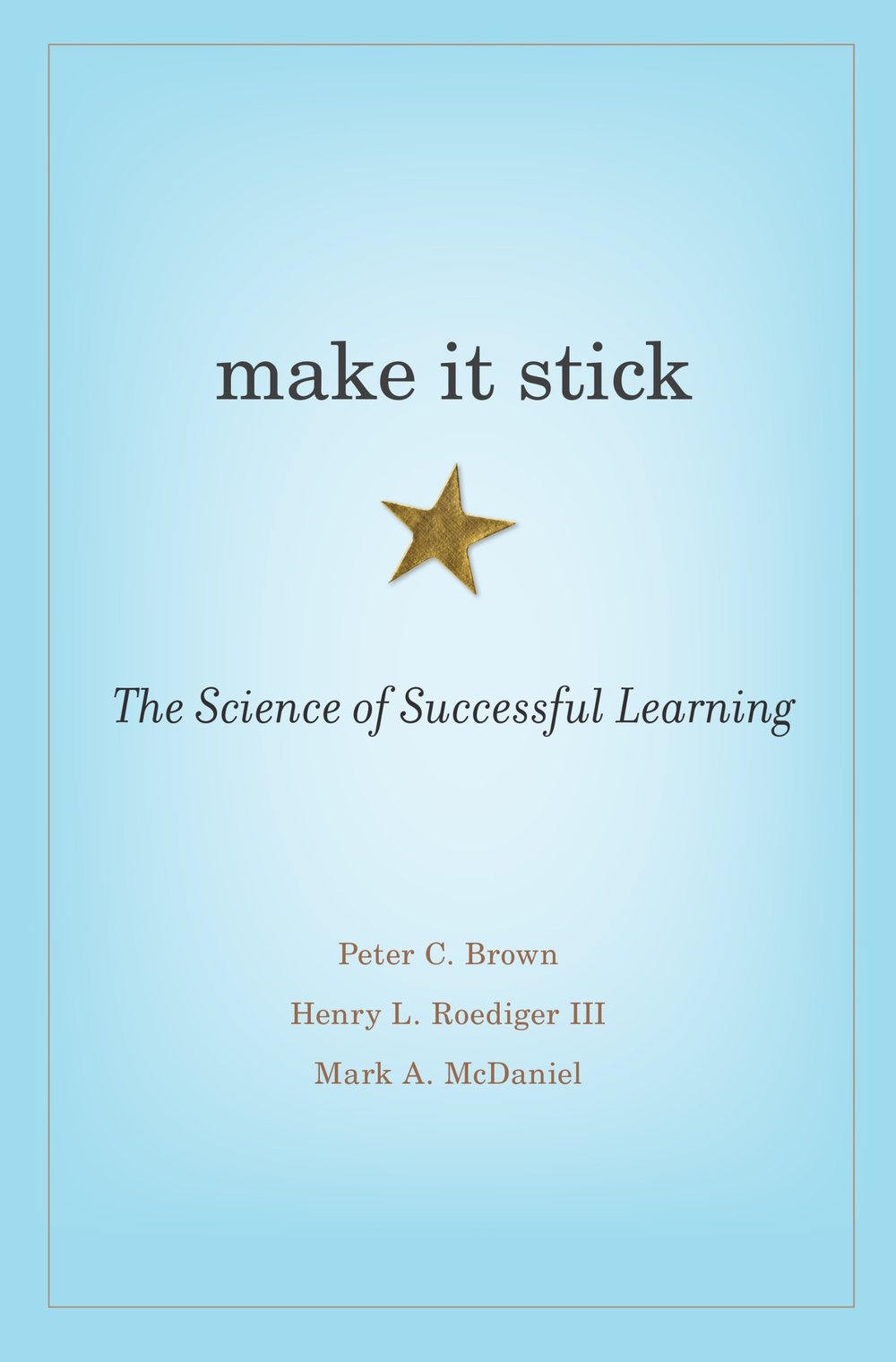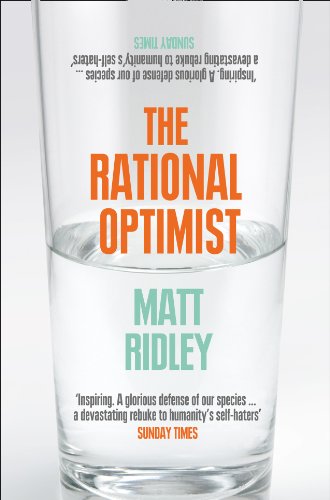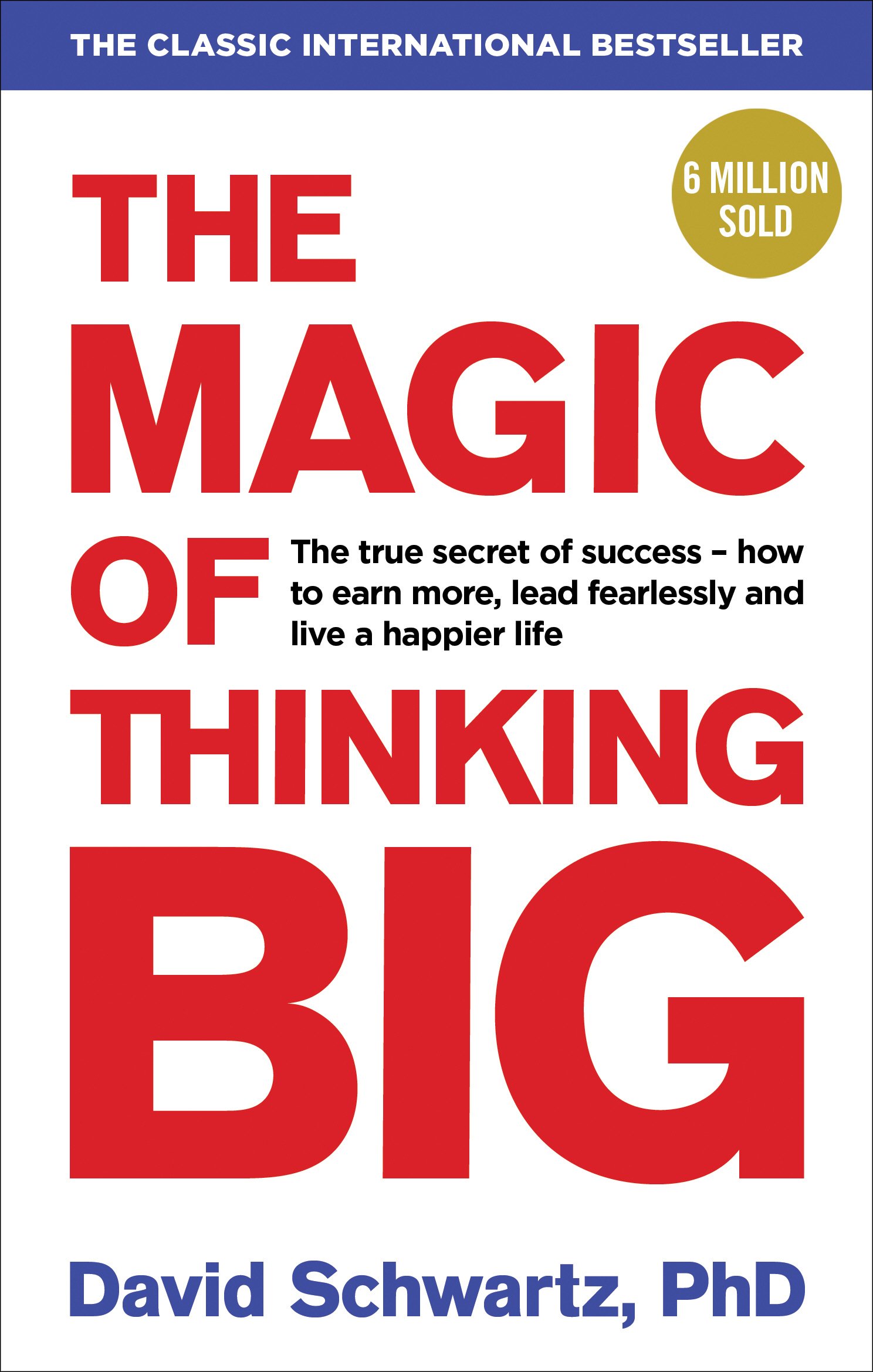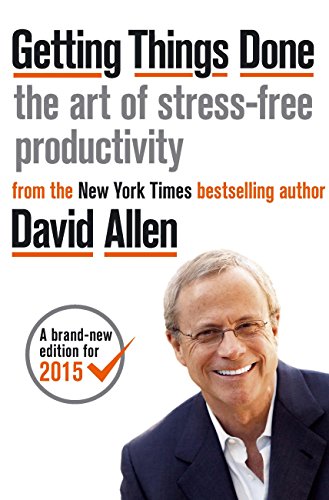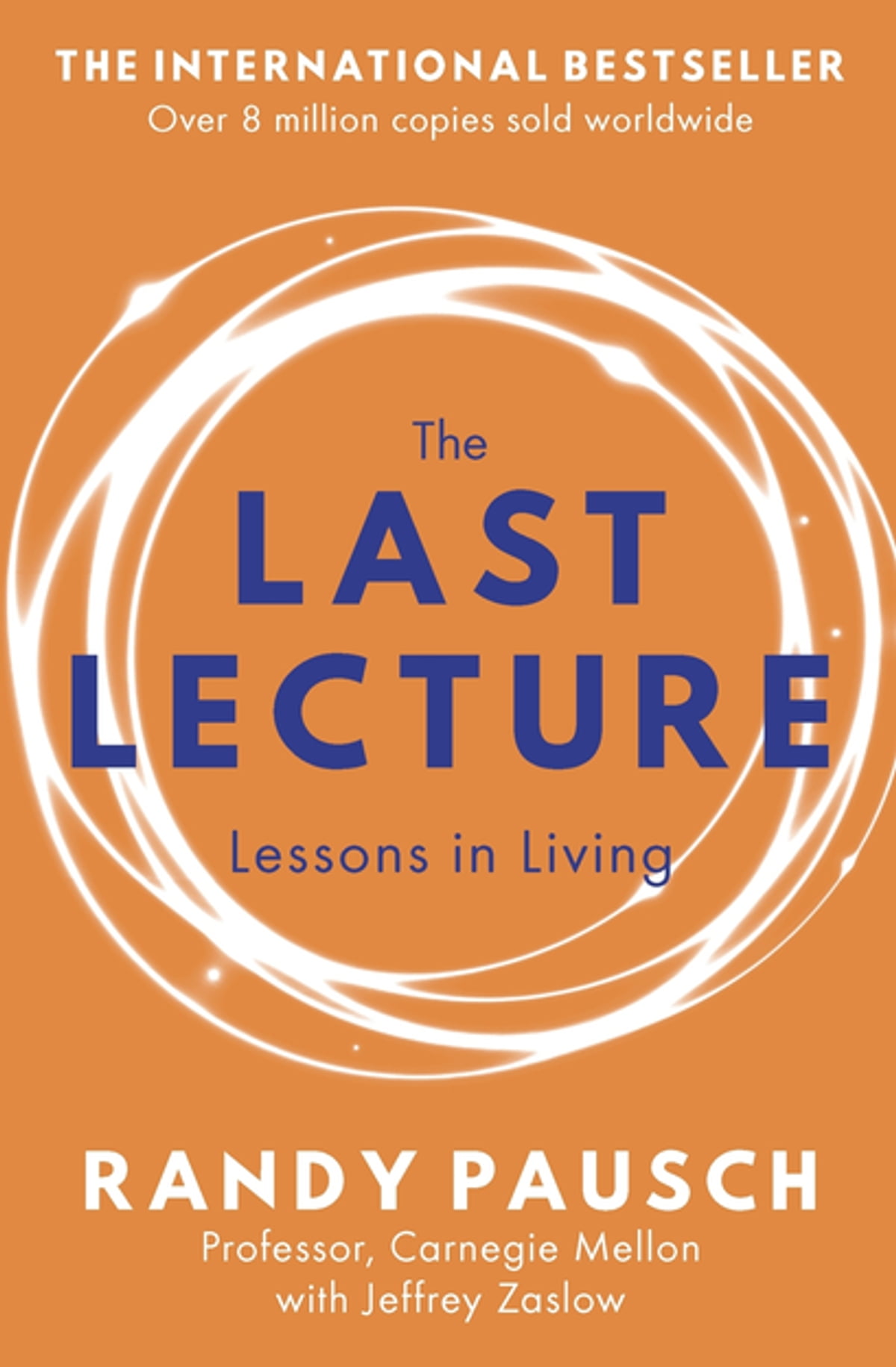Effective learning feels difficult.
Make it stick by Peter C. Brown is a book about learning effectively. The text is based on published data demonstrating what does and does not work. It is interesting that much of the tips on learning given in more narrative books (e.g. What smart students know) is supported by evidence.
The key message is: Effective learning should feel hard, effortful, and therefore won’t necessarily intuitively ‘feel’ effective. Repetitive wrote learning may feel like it is etching data in but it does not generate long term retention.
Key points:
- Learning that feels ‘easy’ generally decays (i.e. is forgotten) quickly. When learning is hard is when it is effective.
- Masked repetition (going over the same material several times) feels good but is falsely reassuring
- We are not good at judging when we are learning well.
- Simply re-reading text is not effective
- Retrieval practice is useful, particularly when delayed so a little forgetting has started to occur
- Spaced repetition can be done by testing.
- Testing also has the benefit of helping to illustrate what you don’t know and prevents overconfidence.
- Interleave different concepts, even though it feels harder. i.e. do 1 topic on the heart, then 1 topic on the kidney, the 1 topic on the liver.
- This helps with picking up the unifying rules.
- Combine with varied practice (not always doing the same technique). For example, sometimes doing multiple choice questions, sometimes talking out loud, sometimes writing short answers.
- Organise new information with what is previously known and combine to adapt mental models.
- The ability to organise data requires a solid foundation in the main concepts
- Using a single modality (e.g. auditory, visual) is not better, even though people have a preferred learning style, using multiple methods is best
- We can improve our cognitive performance in 3 ways:
- Growth mindset / grit by focusing on effort rather than fixed ability;
- Deliberate practice difficult, solo, at the edge of your ability; and,
- Using cues (e.g. loci method, music, mnemonics)
- Mnemonics are only useful after you have deeply understood the fundamental concepts
As the authors emphasise, these points relate to learning only, not the broader topic of education.
More books like this:
- What smart students know by Adam Robinson
- The art of learning by Josh Waitzkin
Useful links:
